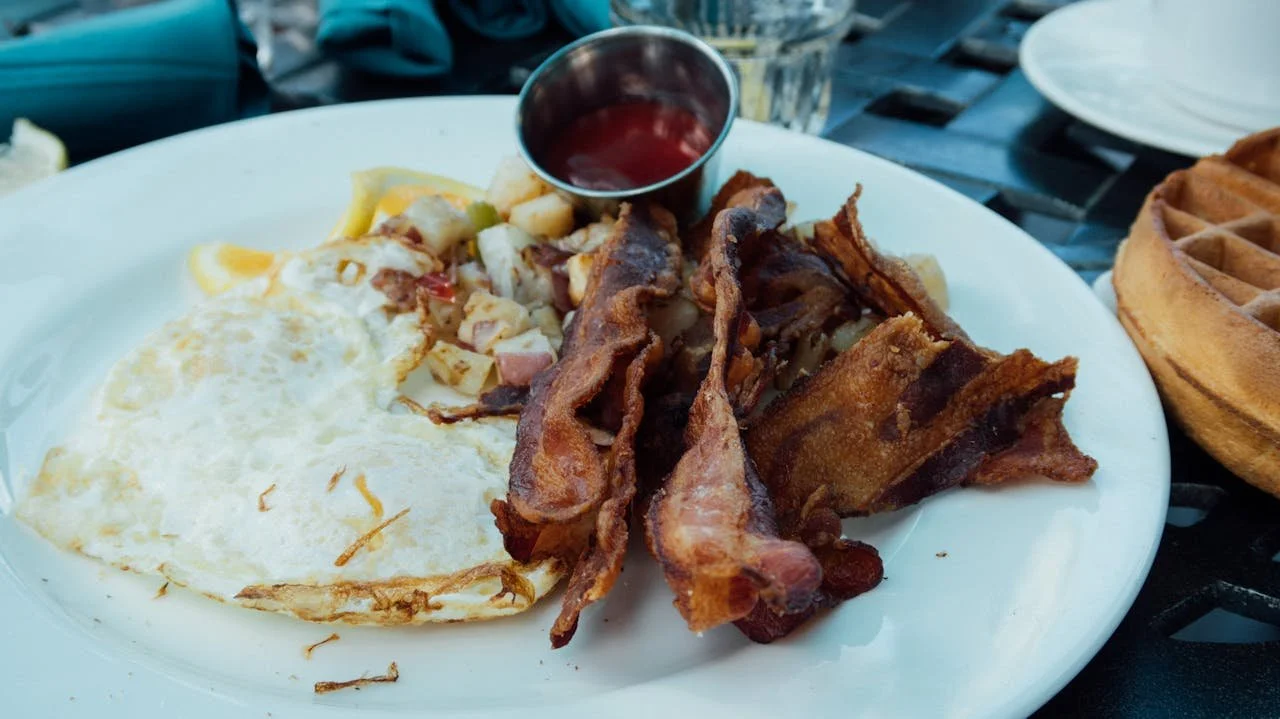12 Foods Doctors Never Eat — And Why You Shouldn’t Either
ABSTRACT
Discover the top foods doctors won’t eat and why these medical professionals cut them from their diets. From bacon to diet soda, these items are flagged for their links to heart disease, inflammation, and chronic illness. Learn how doctor diet recommendations can help you make smarter food choices. Get expert nutrition advice straight from the mouths of surgeons, cardiologists, and functional medicine physicians.
Keywords
foods doctors won’t eat
what doctors avoid eating
unhealthy foods doctors avoid
doctor diet recommendations
worst foods for health
what not to eat for longevity
food habits of doctors
processed foods doctors avoid
doctor-approved diet tips
foods cardiologists avoid
foods that cause inflammation
expert diet advice from doctors
top foods to eliminate
medical advice on nutrition
Introduction
Doctors guide you in making important decisions about your health and well-being, but when it comes to their diets, do they follow their recommendations? Good nutrition is key to a long and healthy life. Here, medical pros reveal what they forego when it comes to food.
List of Food Doctors Won’t Eat
BACON
It is probably no secret to you that this practically universally loved food is on this list, but are you entirely sure why? "I would not eat bacon because it is full of fat and cholesterol, and the nutritional value is very minimal," says Dr. Omid Javadi, a cardiovascular and thoracic surgeon at Good Samaritan Hospital in San Jose, California. "I think bacon is probably one of the worst foods on the planet. People love the taste, and it is very palatable because of that fact, but when you look at its content, it is pure fat and cholesterol -- and fat is just hanging from it.”
Dr. Suzanne Steinbaum, a cardiologist with Lenox Hill Hospital in New York City, goes on to say that bacon “is a processed food, with no exact benefits, but carries with it all that is bad for a diet — chemicals, salt, and fat.”
2. BREADS OR PASTA
“I won't eat bread or pasta," declares Dr. Patrick Roth, chairman of neurosurgery at Hackensack University Medical Center and founding member of the North Jersey Brain & Spine Center. "This choice is based on the belief that each of us has a distinct susceptibility to foods with a high glycemic index.
I subscribe to focusing on keeping my insulin levels low with low-glycemic index foods rather than counting calories. Bread and pasta present three problems: They are high glycemic index, they are not whole foods (man-made), and they are tremendously delicious and addictive.”
3. BOXED CEREALS
“They are full of sugar and often unhealthy grains," says Dr. Frank Lipman, Integrative and Functional Medicine Physician, founder of Eleven Eleven Wellness Center, and author of The New Health Rules.
"Rather than having cereal for breakfast, a dose of healthy fats and protein will start your day off right. Have boiled or poached eggs with greens, sardines on gluten-free crispbreads, or half an avocado sprinkled with salt or spritzed with lemon.”
4. COTTON CANDY
Or really any foods you could find at a carnival, especially those containing sugar.
“[Carnival foods are] almost all fried, covered with sugar, or made with chemical dyes," warns Dr. Joe Alton, a fellow of the American College of Surgeons and the American College of OB/GYN and co-author of The Survival Medicine Handbook. "Cotton candy is an example; it's pretty much all specially-treated dyed sugar, called ‘floss’ sugar. Food dyes have been linked to certain health issues in animal studies. My main concern, of course, is that you're essentially just eating pure sugar.”
“Foods with high amounts of refined sugars are a no-go in my diet,” elaborated New York City cardiovascular surgeon Dr. David Greuner. “Why? Refined sugars, although detrimental to your teeth, continue to wreak havoc on your body long after they leave your mouth. The rapid breakdown of these simple sugars by your body results in huge blood sugar spikes, making your body store the extra energy as fat and causing huge rises in your insulin levels, producing that 'food coma' feeling, which is a thorn in any busy person's side.”
5. CHEETOS
Dr. Nicole Farmer, Integrative Physician at the Casey Health Institute, won't eat these “Because of the blend of artificial colors used and the MSG, both of which can serve as excitatory neurotoxins.
Also, any puffed corn product that goes through an extruder process decreases most nutrients from the corn product and promotes inflammation.”
6. DIET SODA
“It is no better than regular soda," according to Dr. Steinbaum, "but with all the chemicals in it to lead to the metabolic syndrome! There's no reason to add this one to your diet. A truly unhealthy choice.” “Poison, in my opinion,” agrees Dr. Michael Fiorillo, a plastic surgeon in Pearl River, New York.
To be specific, it is the artificial sugars in diet soda that turn doctors off. “Anything with aspartame — indeed, you are not getting any calories in your diet beverage, but the dangers associated with aspartame may not be worth it," says Santa Monica OB/GYN Dr. Sheryl Ross. "This zero-calorie sugar substitute may be linked to headaches, dizziness, digestive problems, mood changes, Alzheimer's disease, multiple sclerosis, and some cancers.”
7. FRIED FOODS
These, says Dr. David Dragoo, can “…[raise] your risk of heart disease, can cause issues with your joints, makes your blood pressure go up, and can also lead to diabetes.” French fries and potato chips are among the worst offenders.
Specifically, speaking? Fried potatoes, such as French fries and potato chips. “They are some of the most fattening foods in America, and the joy of their taste is not worth the weight gain,” says Dr. Mehmet Oz, talk show host, best-selling author, and Vice-Chair and Professor of Surgery at Columbia University.
“They sometimes also have hydrogenated fats from being basted in boiling oils containing damaged fats. These trans-fats increase cholesterol and the risk of coronary heart disease. They do increase shelf life but at the cost of human life.”
8. MICROWAVE POPCORN
This beloved movie-night snack could cost you your health. “[Popcorn] contains chemicals that can cause cancer,” says Dr. Fiorillo.
9. ONE-PERCENT OR TWO-PERCENT DAIRY PRODUCTS
While unpasteurized milk is extremely harmful due to its bacterial content, skim milk also poses its own dangers. “The process of removing some of the fat particles creates oxidized cholesterol in the remaining fat," explains Dr. Farmer. "Better to use whole fat dairy in moderation.”
10. PASTRIES
“Ninety-nine percent of pastries like doughnuts are made from genetically modified wheat,” claims Internist and nutritionist Dr. Michael Hirt, founder of the Center for Integrative Medicine in California's San Fernando Valley. "This mutant grain contains 200-plus proteins that have never been safety studied in humans and have been linked to many diseases, including diabetes, heart disease, obesity, cancer, arthritis, and autoimmune conditions. Pastries are also loaded with sugar.
Recent studies from Australian researchers demonstrate that sugar consumption can negatively impact your DNA and trigger genetic changes that make you more susceptible to certain diseases like diabetes and heart disease. This effect lasts for two weeks after just one serving of sugar. Sugar also weakens the immune system and can make you more vulnerable to infections for as long as five hours after just one dose of this sweet poison. It's not a great idea during cold and flu season or any time you’re traveling or exposed to crowds.
11. PROCESSED MEATS
When it comes to meat, including chicken and turkey, most people think they are safe by eating leaner protein. But not reading labels can cost you down the line.
“In general, processed meats include a collection of meat that would otherwise be thrown away," says Dr. Greuner, "but is combined with other typically non-edible products and chemicals to create a palatable mixture artificially. This means that not only are the least nutritious byproducts of animals used, but artificial fillers, flavors, and preservatives are added, at times, in large quantities to ensure that the new concoction is both flavorful and visually appealing despite the dismal nutritional profile.”
Dr. Susan Lin, physician and founder of MD Products, says that she avoids these products “due to the high prevalence of E. coli in the meat supply.”
12. SOFT DRINKS
“I stay away from all sodas, with sugar and especially with sugar substitutes,” states Dr. David Agus, a professor of medicine and engineering at the University of Southern California Keck School of Medicine and Viterbi School of Engineering and CBS News contributor.
“For me, it is soft drinks,” says cardiologist Dr. Kevin Campbell in Raleigh, North Carolina. “Soft drinks are loaded with sugars [and] high fructose corn syrup and have absolutely no nutritional value. They contribute to obesity, and their consumption can lead to high blood pressure and other risks for heart disease. Moreover, they contain large doses of caffeine, which can impair concentration and further elevate blood pressure and heart rate. For those with underlying heart disease, this can be the thing that sets off a series of events leading to heart attack or stroke.”
ABOUT THE AUTHOR: MICHAEL MOODY, PERSONAL TRAINER
As an author, a personal trainer in Denver, and podcast host, Michael Moody has helped personal training clients achieve new fitness heights and incredible weight loss transformations since 2005. He also produces the wellness podcast "The Elements of Being" and has been featured on NBC, WGN Radio, and PBS.
Michael offers personal training to Denver residents who want to meet at the 2460 W 26th Ave studio….or in their homes throughout LoHi (80206), LoDo (80202), RiNo (80216), Washington Park (80209), Cherry Creek (80206, 80209, 80243, 80246, 80231), and Highlands (80202, 80211, 80212). Michael also offers experiences with a personal trainer in Jefferson Park (80211) and Sloan's Lake (80204, 80212).
If you’re looking for a personal trainer who can curate a sustainable (and adaptable) routine based on your needs and wants, Michael is the experienced practitioner you’ve been looking for. Try personal training for a month…your body will thank you!

